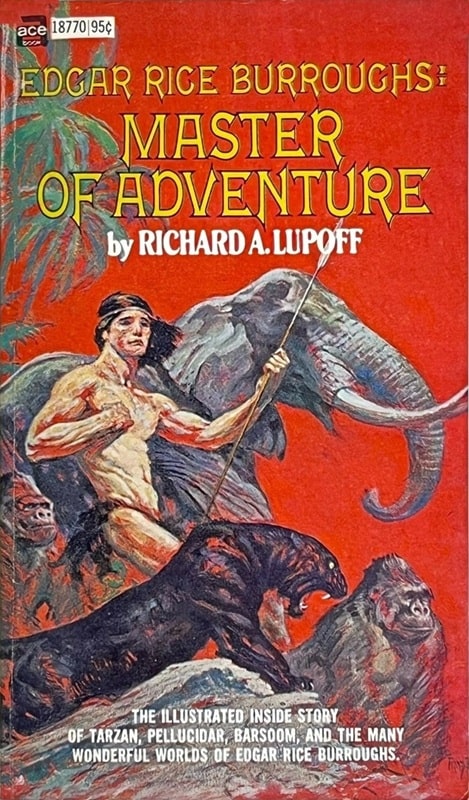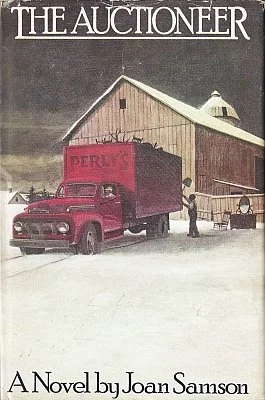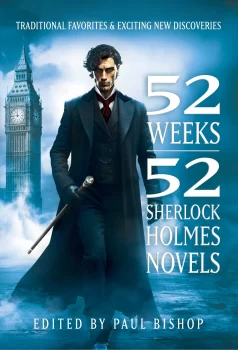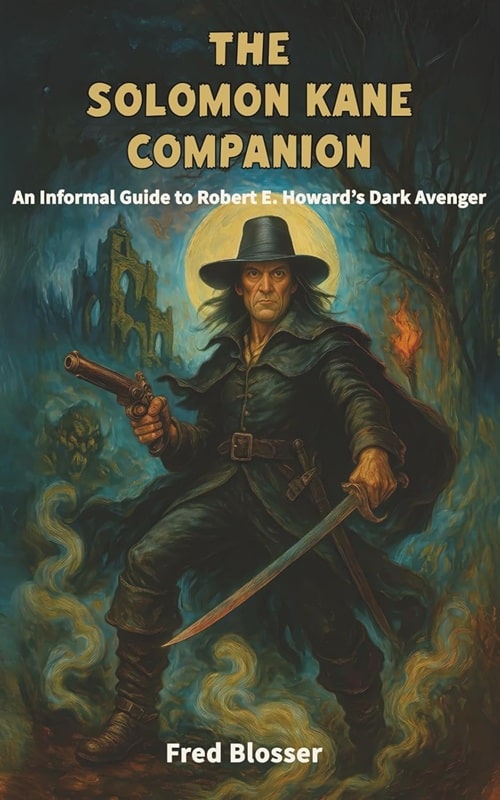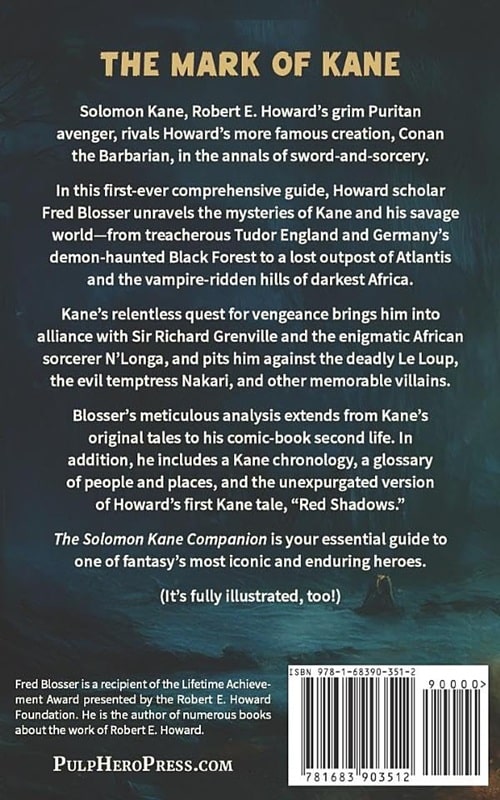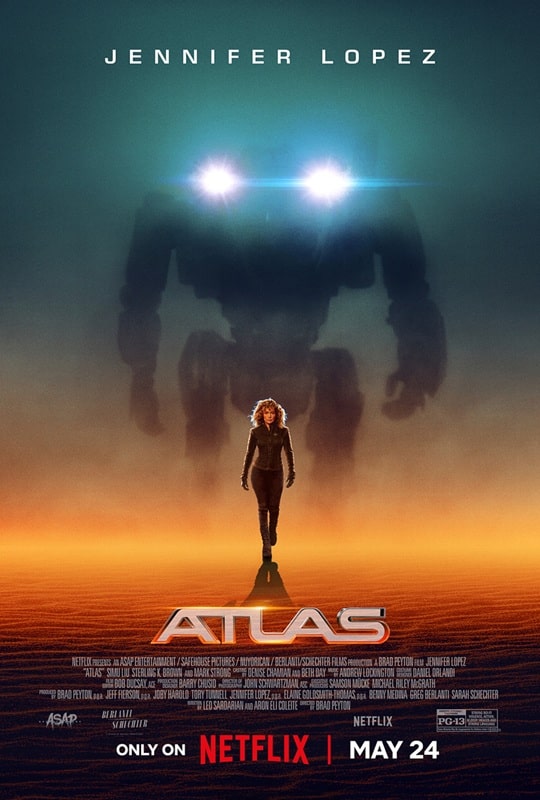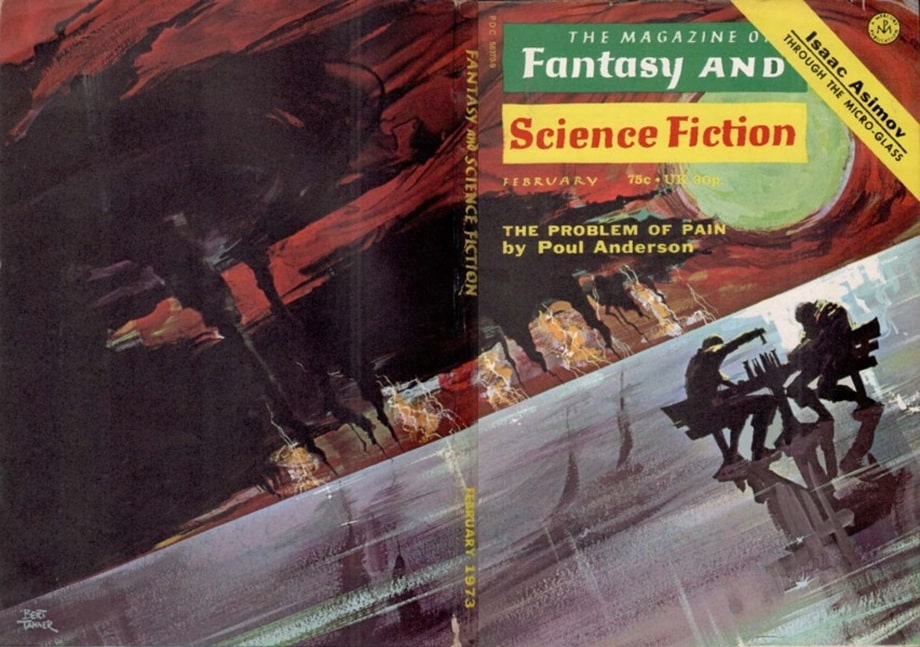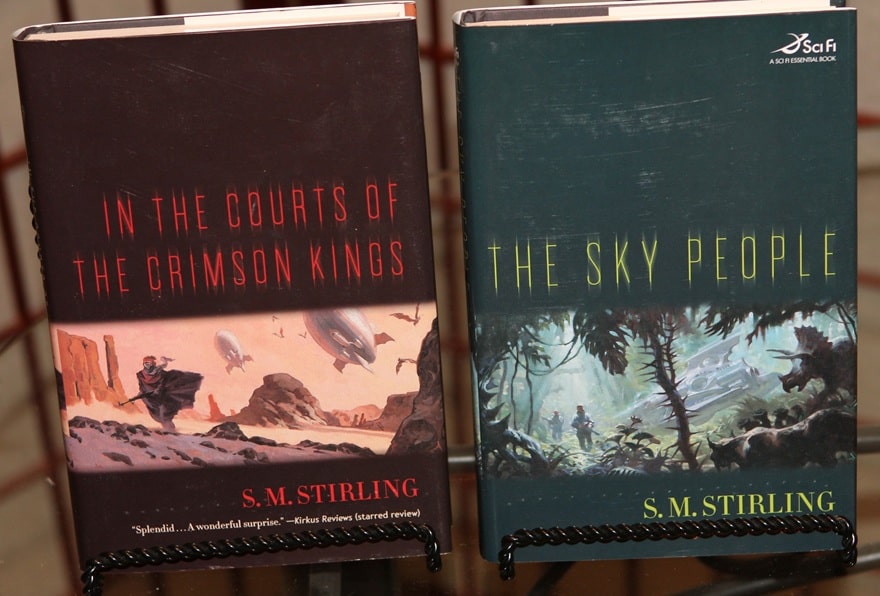Tor Doubles #31: Gordon R. Dickson’s The Alien Way and Naked to the Stars

Tor Double #31 was originally published in April 1991. The proto-Tor Double, which included two stories by Keith Laumer, was the only volume up to this point to include content from a single author. This volume, with two stories by Gordon R. Dickson, is the first official Tor Double to include content from only one author. However, of the remaining five Tor Doubles, four of them would prove to be single author collections.
Naked to the Stars was an originally serialized in F&SF in October and November 1961. Although the story begins as a fairly typical piece of military science fiction, Dickson takes it into a different direction, which makes the story stand out.
